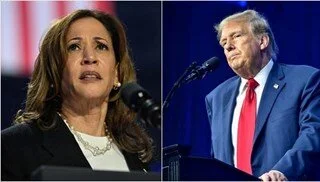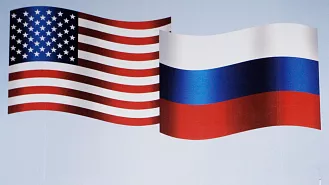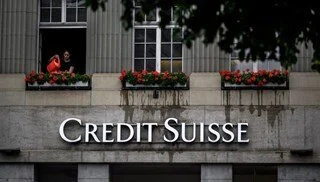As the U.S. presidential election approaches, financial markets are keenly monitoring the final developments in the race, anticipating significant impacts based on the election’s outcome. The last few weeks have seen intense campaigning, debates, and strategic moves by candidates, creating a dynamic environment that investors are closely analyzing for potential market shifts.
The primary contenders, each representing distinct economic philosophies, have been pivotal in shaping investor sentiment. The incumbent, advocating for continued fiscal stimulus and infrastructure investments, has garnered support from sectors benefiting from government spending. Meanwhile, the challenger, emphasizing deregulation and tax reforms, has found favor among industries seeking reduced governmental interference and lower operational costs.
Key issues dominating the discourse include healthcare, taxation, and international trade policies. The incumbent’s proposals to expand healthcare coverage and increase taxes on high-income earners have sparked debates about their long-term effects on economic growth and consumer spending. In contrast, the challenger’s focus on tax cuts and reducing regulatory burdens is viewed by some investors as a catalyst for business expansion and increased corporate profitability.
Economic indicators are also playing a crucial role in shaping market expectations. Recent data on unemployment rates, GDP growth, and consumer confidence are being scrutinized to predict how different policy outcomes might influence the economy. For instance, a victory for the incumbent could signal sustained government intervention, potentially boosting sectors like construction and renewable energy. Conversely, a win for the challenger might lead to increased investments in technology and financial services due to favorable tax conditions.
Global markets are equally attentive, recognizing that the U.S. election results will have far-reaching implications. International investors are evaluating how shifts in U.S. policy could affect global trade relations, currency stability, and international investment flows. The uncertainty surrounding the election has already introduced volatility, with stock indices exhibiting fluctuating patterns in response to campaign developments and polling data.
Moreover, the role of political endorsements and voter turnout is becoming increasingly significant. Endorsements from key political figures and high voter engagement rates are being seen as indicators of potential election outcomes, further influencing market strategies. Analysts are advising investors to remain vigilant, as unexpected endorsements or shifts in voter sentiment could rapidly alter market trajectories.
As the election day draws nearer, the interplay between political maneuvering and economic expectations continues to create a complex landscape for investors. Market participants are balancing optimism with caution, preparing for various scenarios that could unfold based on the final results of the presidential race. The convergence of political strategy and economic impact underscores the critical nature of the upcoming election, making it a focal point for market watchers globally.




